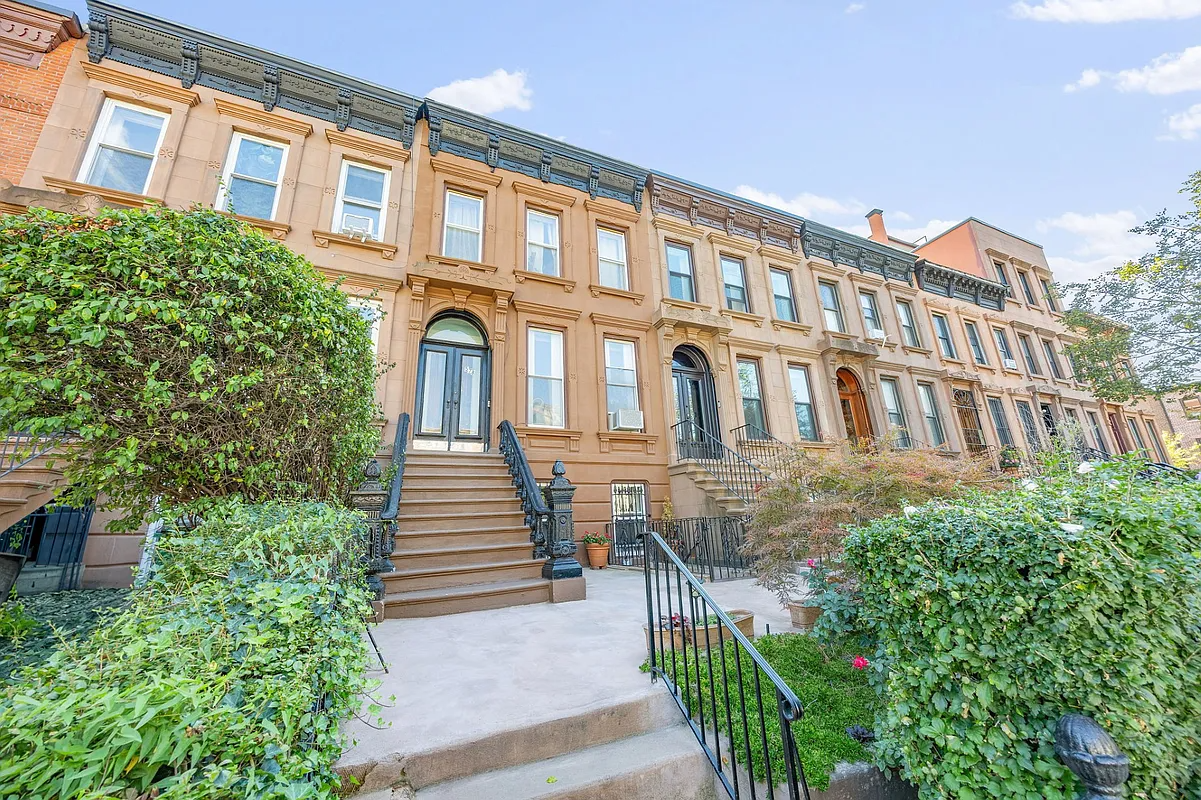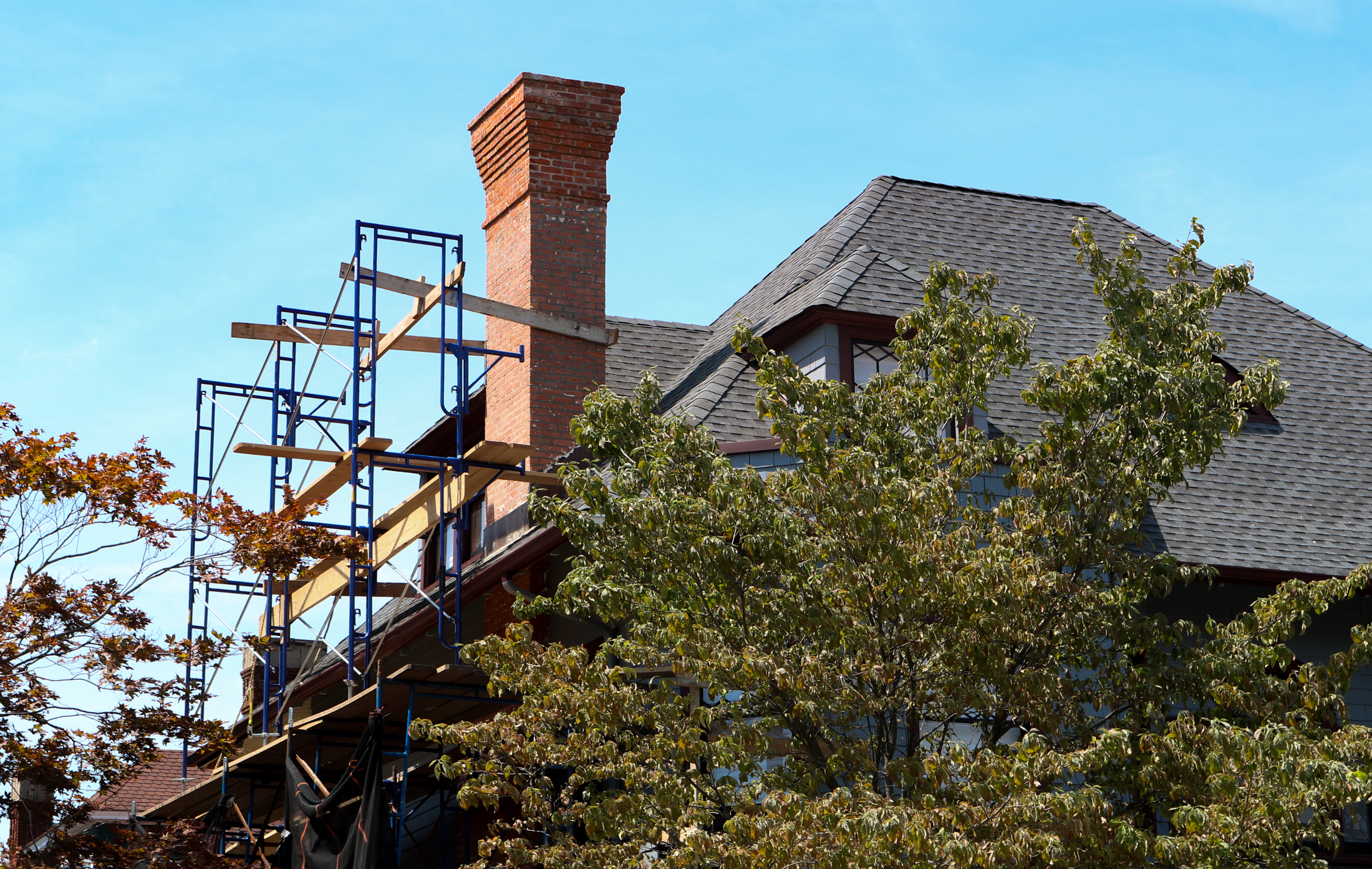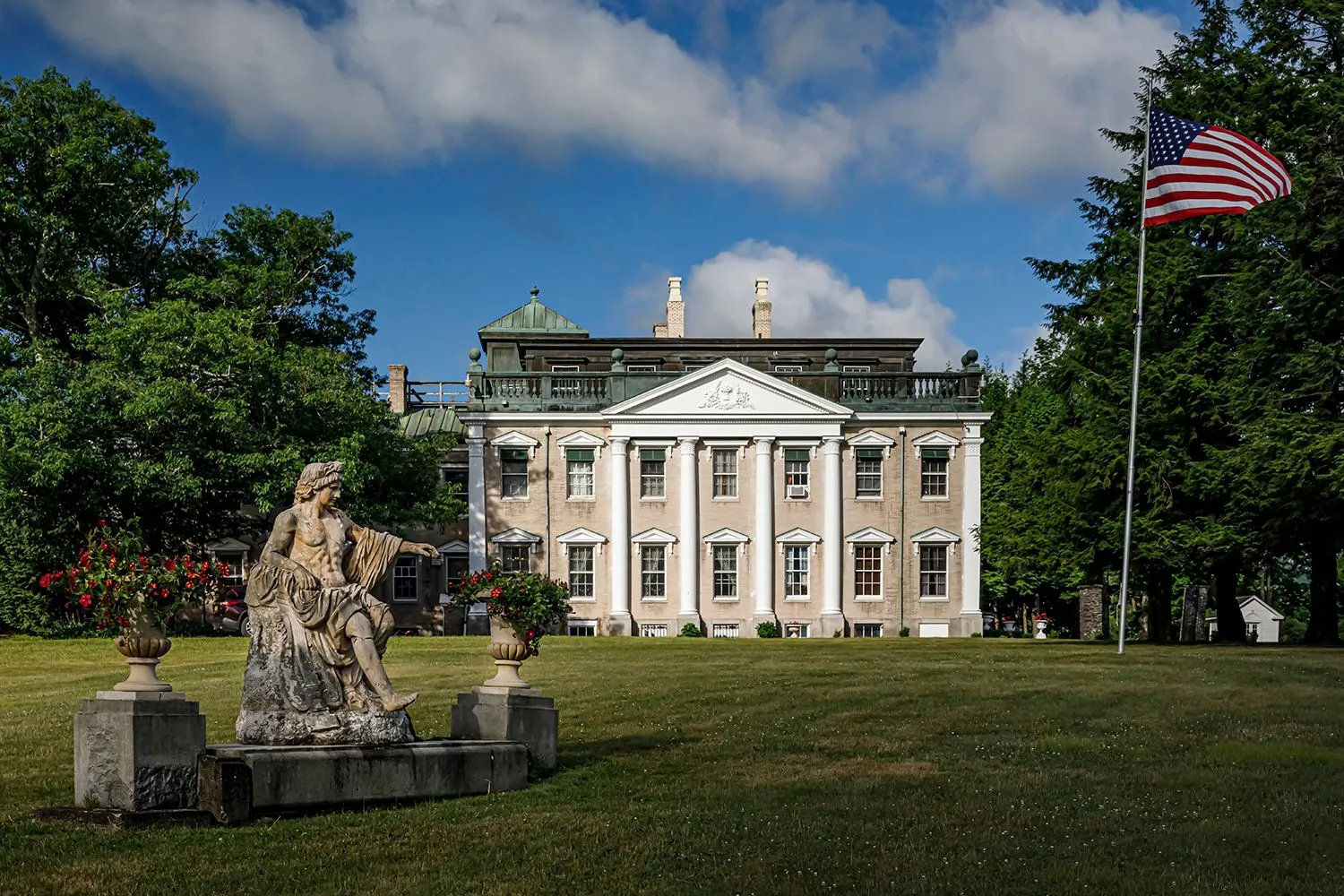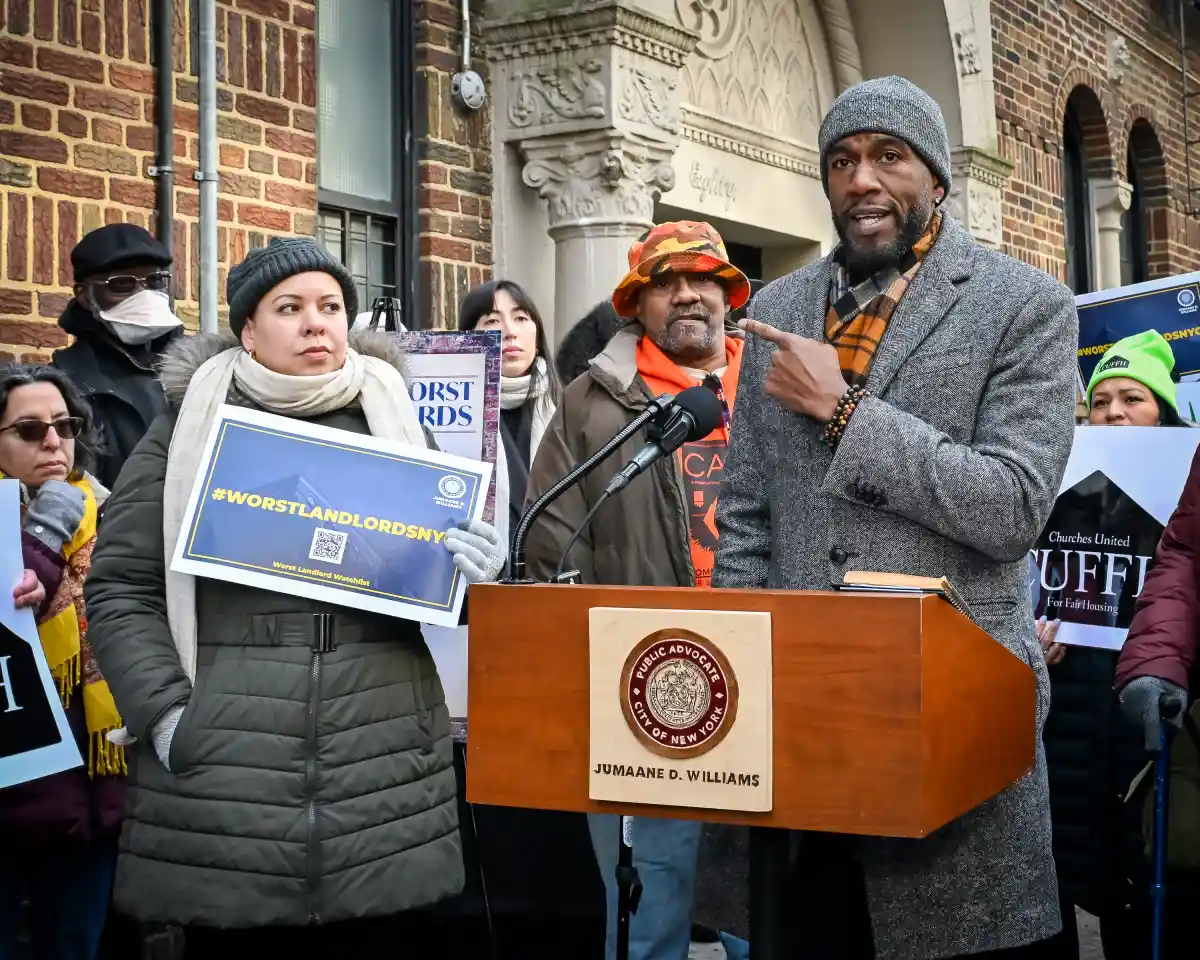Bubble Schmubble Say Three Academics
Three academics (from Columbia, Wharton and the Federal Reserve of New York) have just put out a study arguing that there is no real estate bubble. Writing in the Wall Street Journal on Monday, the authors suggest that cashflow is king: The annual cost of owning, not the price of the house itself, is what…
Three academics (from Columbia, Wharton and the Federal Reserve of New York) have just put out a study arguing that there is no real estate bubble. Writing in the Wall Street Journal on Monday, the authors suggest that cashflow is king:
The annual cost of owning, not the price of the house itself, is what homebuyers should (and do) consider when contemplating a purchase. And when comparing the cost of owning with annual rent or annual income, annual cost is the right measure to use. That cost is simply the net cash outflow required to own a house for a year — namely, the after-tax cost of financing the purchase price either by borrowing or through the lost risk-adjusted return on the equity tied up in the house, plus carrying costs such as maintenance and economic depreciation — less the expected appreciation on the property.
In none of the hottest housing markets did the ratio of the cost of owning to rent in 2004 exceed the average over the sample period in their own market by more than 13%. The highest was in Portland, Ore. Miami’s ratio was 12% above average. But the ratios in the other oft-cited “bubble” cities such as Boston, L.A., New York and San Francisco were no more than 3% above their long-run averages.
Bubble Trouble? Not Likely [Wall Street Journal]





I’ve managed to save up roughly $25267 in my bank account, but I’m not sure if I should buy a house or not. Do you think the market is stable or do you think that home prices will decrease by a lot?
It seems that supply limitations alone are not enough to innoculate a place against a housing bubble. While there can be a shortage of supply of housing inventory there can also be a shortage of supply of buyers, or at least buyers who are willing to pay what sellers are bound to expect.
I’ve read some very solid research on the ratio of personal incomes to home values in various markets. Using affordability is ok if they use a fixed rate mortgage but one of the main contributors to changes in affordability are changes in the mortgage market that allow interest only, variable rates and other things that can be shocked when rates go up or interest only periods expire. Combined with a recession, there appears to be a bubble in many markets. Nationwide, incomes have kept up with home price appreciation, but there are pockets where that hasn’t been true. Some markets (New York, Santa Barbara, Orange County)have seen price appreciation well in excess of income growth but they also have serious supply limitations that also cause a runnup in prices. Unless supply increases dramatically, there is no bubble in the undersupplied markets – just high prices.
I agree that in comparing renting vs owning a reasonable assumption on appreciation should be factored in – EXCEPT that article isnt really a comparison of Rent vs Owning – it is headlined and text’d as an argument as to why there isnt a bubble. There is a significant difference.
You could have a huge housing bubble and still owning might not be that expensive vs renting ( ie. inflation in both rents and ownership) Yet such a comparo doesnt really tell you if ownership prices are “rational” (definition of bubble is unsustainable irrational prices).
The sustainability of housing prices have a LOT less to do with rent costs and alot more to do with peoples income (and also asset wealth).
Sure when you are considering housing you examine owning vs renting but if your income cant support either – you dont move, or you move to a different market.
Quick example if rent for a 3br is $10000 a month and to buy the 3br is 2M and you finance the whole thing at 6% interest only loan – your gross costs are more or less identical (excluding taxes etc…) which based on a comparo of rent vs owning would make owning much cheaper (w/ appreciation and interest deduction) BUT if you earn $150,000 a year – You really can afford either!
Conclusion: The more housing prices diverge from peoples real income the less sustainable they are – rent costs not withstanding
But Alex, just because real estate appreciates “over time” doesn’t mean that at a particular point in time it’s smarter to buy than rent. That decision is very much based on the market, psychology and personal needs and wants. If you stay somewhere for 30 years, you’re probably right (ignoring inflation and costs of ownership, etc.).
But if you buy a condo and intend to stay in it for only 5 years, you could be horribly mistaken, if within that time frame the condo depreciates by 40% (as happened in NYC in the 1990s). That represents a huge loss for someone.
The truly smart people don’t just blindly buy without considering when they are buying and what their long term goals are.
I disagree, David, as the calculation would in fact be flawed if the economists made no assumption about either appreciation or depreciation. And, assuming these economists used a reasonable/relevant time period over which to calculate the relative benefits of owning versus renting (which I would hope for from Wharton, Columbia & the Fed – i.e., that they are not using a flippers assumption), it would be non-sensical to assume depreciation.
Without any assumption, the comparison would be rendered meaningless because, let’s face it, real estate does appreciate over time and that’s why smart people choose buying over renting.
As long as you deduct “assumed” appreciation the results will be flawed (extent of flaw will vary based on assumption) – assumed appreciation is based soley on psycology, no reason their cant be assumed depreciation (yes it has happened) .
Additionally article makes no mention of downpayment , nor does it appear to add opportunity cost of that $ to the cost of ownership.
A bubble is essentially unstustainable prices; the only comparison that matters is price vs income (and maybe capital gain wealth). No one can disagree that if price appreciation is guaranteed then people will beg borrow and steal no matter what the ratio of income to housing costs are (since over time you’ll profit); the real question is WHEN the psycology changes and people dont beleive that their is guaranteed appreciation, then they’ll wait till they can AFFORD what they are buying based on their income. Then the bubble reverses itself.
There aren’t any concrete numbers in the op-ed. Their study is due to be published this fall in the Journal of Economic Perspectives. They do make it clear that they’re using hoped-for capital gains as a part of the housing cost calculation, and that they adjust them based on local conditions. They do provide a warning that they didn’t consider condos or second homes.
Without having seen it, the study seems like it’s likely to be a tautology: if buying is really expensive in NYC compared to renting, then that’s because house prices have gone up disproportionally. If you believe that means they’ll keep going up disproportionally, of course that possible gain makes it look less crazy to buy. On the other hand, if prices hadn’t gone up, you wouldn’t be able to impute the capital gains, so renting and buying would continue to look roughly similar.
The final paragraph:
Of course, the same logic that says today’s market price of housing is reasonable also implies that house prices are especially sensitive to real, long-term interest rates. In the absence of an offsetting increase in housing demand, an unanticipated rise in real mortgage rates could cause appreciable declines in house prices. For this reason we don’t think speculation is justified in the housing market–gambling on above-average capital gains is simply an interest-rate bet.
One of the authors of the study and the article is Chris Mayer of Columbia (the “Paul Milstein Professor of Real Estate”).
I’m going out and buying me some more brownstones!!